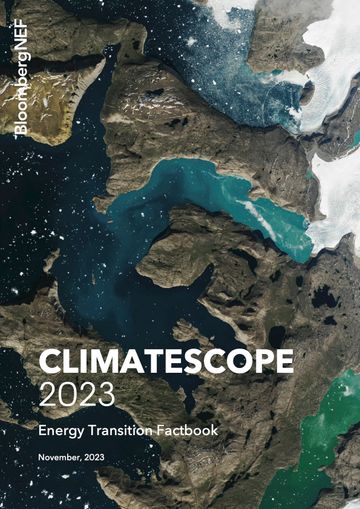Rwanda
With a power score of 1.67, Rwanda ranks number 69 among emerging markets and number 96 in the global power ranking.
- Emerging markets
- Africa
1.67 / 5
Power score
-39 places
Global power rank change
Overview
Rwanda has a power score of 1.67, which puts it at rank 96 in the global power ranking, and rank 69 in the emerging markets power ranking. In comparison to 2021, Rwanda has deteriorated in the power rankings by -1 places, from rank 95, to rank 96.
At 1.67, the power score of Rwanda is better than the regional average of 1.54 in the Africa region.
Regional power score comparison
Power
Power policy
Rwanda implements policies in 3/6 power policy categories tracked by Climatescope, including Renewable energy target, Renewable energy auction, Feed-in Tariff, Net Metering, Import tax incentives, VAT incentives.
Power policies
Power prices and costs
The average electricity price in Rwanda has dropped from 200.97 USD/MWh in 2021 to 196.69 USD/MWh in 2022. Since 2017, the average electricity price in Rwanda has fluctuated between 173.62 USD/MWh (2019) and 208.33 USD/MWh (2020).
Power market
The top amount of capacity installed in Rwanda in 2022 was in Small Hydro at 43.04%, down from 50% in 2021. The technology with the biggest increase in capacity installed in 2022 was Coal at 18.75%, up from 7.56 in 2021.
Installed capacity (in MW)
Electricity generation (in GWh)
The largest electricity generating technology in Rwanda in 2022 was Small Hydro, generating some 50.45% of electricity, down from 55.62% in 2021. The technology with the biggest increase in eletricity generation in 2022 was Coal at 12.18%, up from 4.81% in 2021.
Investment in clean energy in Rwanda was around $350 million in 2017.
Utility privatisation
Which segments of the power sector are open to private participation?
Type
Question
Availability
Wholesale power market
Does the country have a wholesale power market?
Doing business and barriers
Type
Question
Availability
Currency of PPAs
Are other PPAs (eg. corporate PPAs) signed in or indexed to U.S. Dollars or Euro?
Type
Question
Availability
Bilateral power contracts
Can a C&I (Commercial and Industrial) customer sign a long-term contract (PPA) for clean energy?
Type
Question
Availability
Fossil fuel price distortions - Subsidies
Does the government keep the wholesale price of electricity from fossil fuels artificially low through subsidies?
Type
Question
Availability
Fossil fuel price distortions - Taxes and carbon prices
Does the government significantly increase the wholesale price of electricity from fossil fuel through targeted taxes and/or carbon prices?
Transport
Transport policy
Rwanda implements policies in 5/9 transport policy categories tracked by Climatescope, including Clean transport target, National ICE phase-out, EV purchase grant/loan incentive, EV VAT reduction/exemption, EV import tax reduction/exemption, EV income tax reduction/exemption, EV recurring tax reduction/exemption, EV charging infrastructure target, E-bus target.
Transport policies
Type
Question
Availability
Fuel economy standards
Does the country have a fuel economy standard in place?
